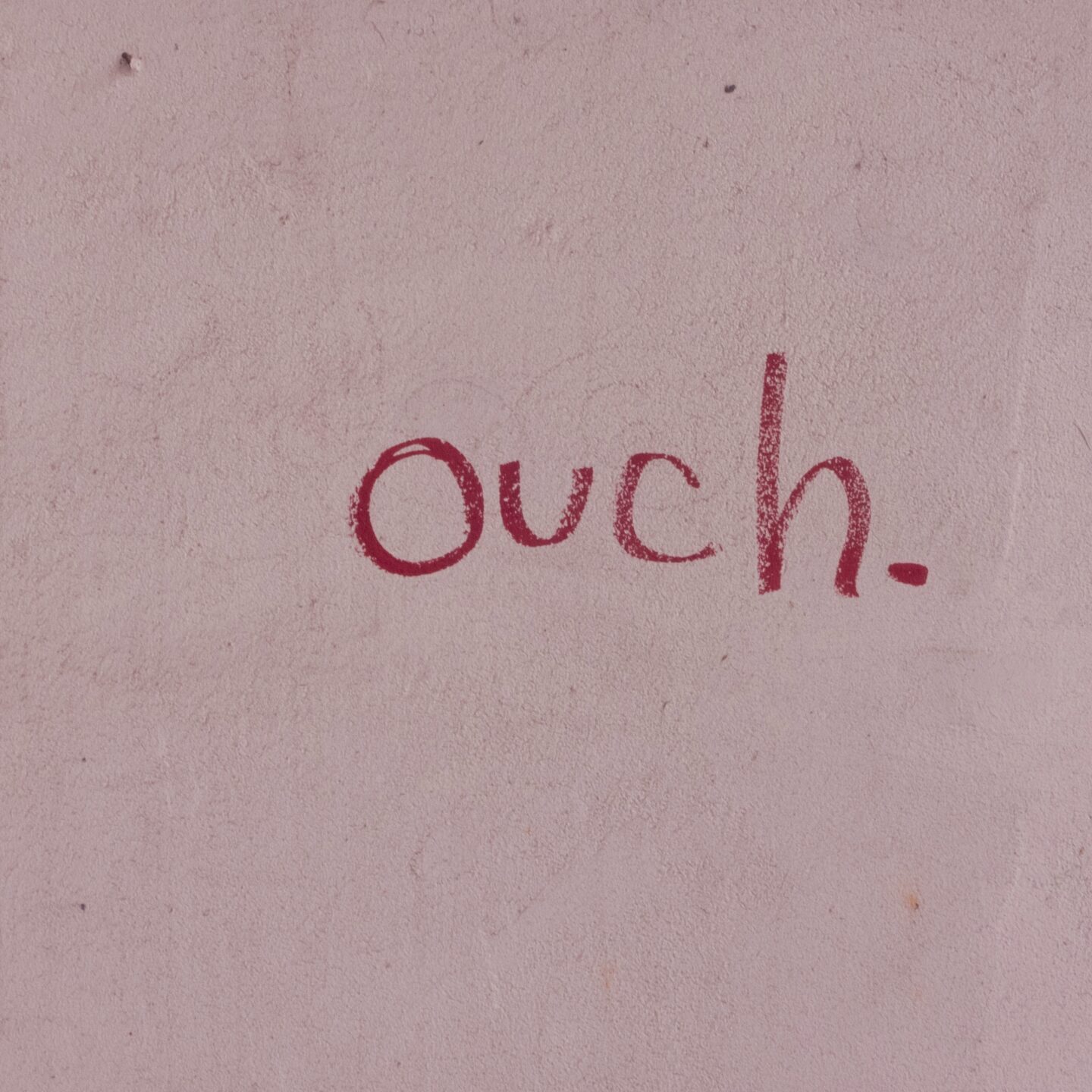With so much pain in the world, it’s natural to want to look away or disassociate with it. News of wars, natural disasters, a pandemic and violence against innocent people is all very overwhelming. But when this hurt, distress, grief or anxiety is within ourselves, looking away is not really an option.
So, what is this physical or emotional suffering we call pain? Simply put, pain is a warning light that lets us know that we need extra care.
When it is honored and processed in healthy ways, benefits of pain can begin to emerge. For example:
Pain can:
“¢Cause you to reflect and be more intentional.
“¢Deepen your compassion and empathy for others.
“¢Awaken gratitude and appreciation for what you have.
“¢Move you to take action to prevent future injury or injustice.
“¢Inspire you to seek out healthier habits, strategies and relationships.*
Whether the pain is from a physical or emotional injury, the strategies for healthy healing run parallel. Here’s a quick checklist of how to honor the pain:
- Do no harm. If it’s within your power to immediately mitigate the damage, then do so. But, for the first 24-48 hours, depending on the severity of the injury, the focus is to rest and not do anything that could hurt you further.
- Begin your detective work. Acting like the injury didn’t happen or that you ‘should just brush it off’ is not helpful. This is not the time for shame or blame either. It’s time to accept what is and begin to identify what has happened and the extent of the injury. Whether physical or emotional, you need to understand the cause in order to strategize for healing and prevention of re-injury. Knowledge is power. Identifying and acknowledging what you are feeling at this time will help the negative feelings to dissipate. Without this step, the body will often try to internalize the pain and it can reappear as a physical ailment, anxiety, depression, sleep disorders, or substance abuse.
- Get help. Seek the appropriate level of care as soon as possible. With emotional pain, the appropriate level of care may simply be to begin journaling, not just the current situation but also the things that are good and right. What are you thankful for? What have you already overcome? What resources do you have to move forward? It may involve talking to a friend. And it may require professional counseling. Whatever it is, that extra care will give you insight and perspective. Your future is worth it.
- Stay as active as possible without aggravating the injury. Whether the injury is physical or emotional, low-intensity exercise and keeping your current schedule as much as possible will provide a mental boost. Make a list of the activities you can do without pain. In most cases, you can still find ways to get out and get moving.
- Rest early, not later. The more recent the injury, the more you will benefit from rest. The older the injury, the less you will benefit from rest. In later stages of the injury repair process, you are more likely no longer dealing with the original injury but rather the pain of ineffective healing. While most physical pain can be rehabilitated through movement and exercise, emotional pain is different. Healing and restoration will come through spending time with the people you love doing the things you love. Avoid isolation. The cure is found in connecting.
While numbing the pain may be desirable, keep in mind that that pain is a red flag that you need some extra care and it should not be ignored. If your body or your heart is hurting today, please taking the time to listen to what the pain is trying to tell you and take the time to give yourself the extra care you need. You deserve it!
* https://www.psychologytoday.com/us/blog/when-kids-call-the-shots/202101/finding-purpose-in-your-pain
